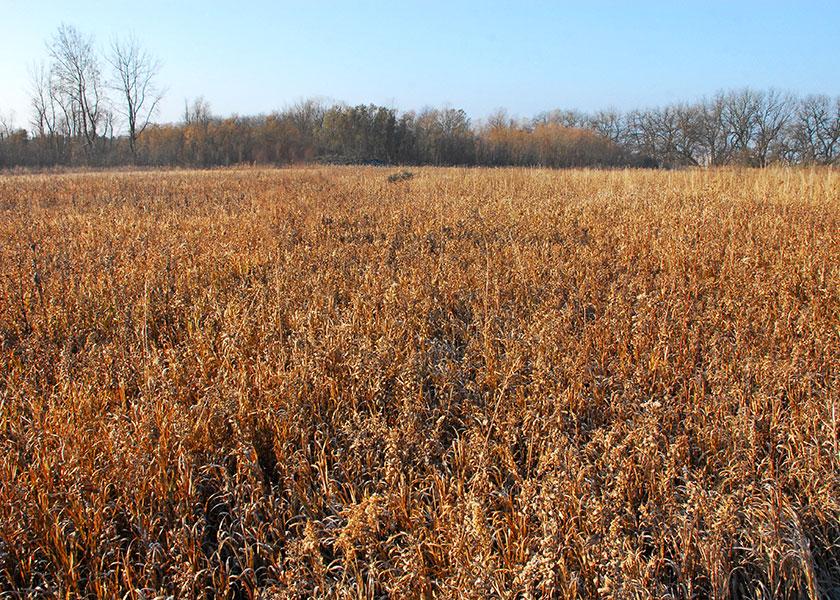Major CRP Changes Could be Coming in the Farm Bill

House Republicans, particularly on the House Ag Committee, are debating possible major changes to the Conservation Reserve Program (CRP) as part of the upcoming farm bill reauthorization.
Key variations being considered include:
• Removing the program's national acreage cap
• Providing Farm Service Agency (FSA) state offices with more decision-making power
• Revising the Environmental Benefits Index used to review land proposed for CRP enrollment.
Instead of an acreage cap, the revised CRP would operate under a funding limit that matches the current Congressional Budget Office's cost projections. States would then have authority to define the acreage eligible for the General, Grasslands, and Continuous sign-ups within their jurisdictions.
Other CRP changes in the farm bill
Another key potential change is altering the rental rate structure is offering more for lands with poorer soils compared to ones with highly productive acreage. Strategies are also under examination to transition lands that have been part of the general sign-up (for extended periods like 30 years or more) into the grasslands sign-up. The latter usually pays less to the landowners than the CRP general sign-up.
The intended changes aim to transition CRP from being a "top-down" program to a "locally led" one, thus better targeting highly erodible or environmentally sensitive land. However, some stakeholders like former Ag Committee members and lobbyists are skeptical about this shift, fearing it might lead to certain states missing out on allocations or having the program be more susceptible to budget cuts at the Congressional level.
Congressional leaders respond to proposed CRP changes
Rep. Frank Lucas (R-Okla.) feels altering CRP drastically could lead to states possibly exploiting the system to gain more funding, the article notes. But others, like Lynn Tjeerdsma, a former adviser for Sen. John Thune (R-S.D.), support the changes, arguing that more state control and flexibility might help better achieve their conservation goals. Still, the changes remain under discussion and haven't been decided yet.
It would be interesting to know the budget score on this and to check whether this is one of the “efficiency” gains the House Ag panel staff is working on to find more funding to spend elsewhere.







